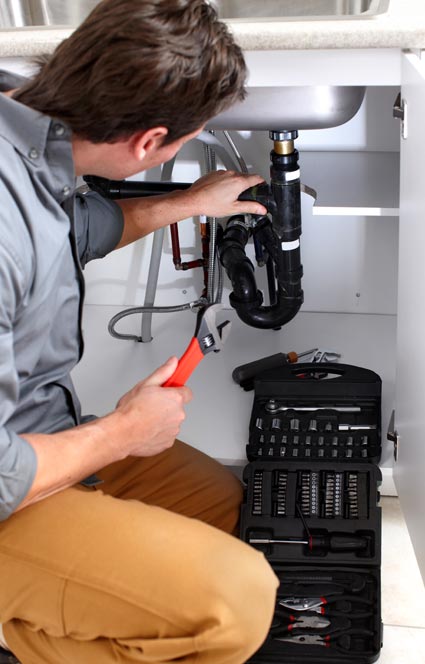Franchising Lawyer NYC - Francelina M. Perdomo Klukosky of Perdomo Law

How to Franchise by Perdomo Law, Franchising Law Firm in Manhattan New York, NY

Types of Businesses Ideal for Franchising
- Home repair and improvement businesses
- Home design and furniture shops
- Restaurants
- Retail shops
- Fitness-related businesses
- Senior care services
- Pet-oriented businesses
- McDonald's is the most well-known franchise success story in the world. Its success shows the extent of what the best franchise opportunities can achieve. The company began with a single restaurant in 1955. It began with a man who was only trying to interest restaurant owners into buying milkshake machines. The corporation now has about 37,000 locations in over one hundred countries that collectively earn around $33 billion each year. McDonald's is not the only company that used the popularity of a small business to expand its reach and optimize the potential of other entrepreneurs. Many of the best-known companies in operation today achieved more once they chose to franchise than what they could have made any other way.
- Mathnasium: The at-home tutoring company made the most out of a bad situation when COVID lockdowns forced millions of students to learn from home. Mathnasium offered parents a way to get the extra help their children needed when they fell behind while remote schooling. As a result, the company now has over 1,000 franchises in the United States that are thriving.
- Wingstop: Pandemic worries did not slow down the fast-food franchise Wingstop. Wingstop was a small business dedicated to producing fast food but making every order individually as a custom order. A focus on perfecting their online ordering and home delivery ensured that the 1,400 franchised US locations continued to thrive. The company even announced massive increases in its sales during 2020-2021 when other restaurants were closing their doors.
- Just Between Friends: Shannon Wilburn began holding pop-up sale events offering used clothing in her living room. The events did well enough for the entrepreneur to expand the idea, and she began offering franchise opportunities in 2004. Today, the company has 151 franchisees – who often make six-figure profits despite the businesses operating as part-time entities.
- Hiring a lawyer to create the FDD.
- Collaborating with a team to prepare the operations manual.
- Hiring a CPA to provide an accurate and complete financial statement.
- Incorporating the franchising entity.
- Copyrighting all trademarks.
- Paying FDD registration fees for each state.
- Designing and establishing a website.
- Developing a sales presentation.
- Devising a marketing plan.
- To advertise the company and the opportunity to invest in the franchise.
- Writers: An Operations Manual is one of the most important documents the franchise will have. Collaborate with skilled business writers to prepare a clear and detailed manual to share with franchisees.
- Lawyers: An experienced franchise lawyer is not an expense but a necessity. Lawyers help with document preparation and filing, tax concerns, and much more. Most franchisors rely on lawyers to prepare their FDD. A lawyer can also help with incorporating, registering trademarks, and much more.
- CPAs: Tax experts and CPAs can help create detailed financial statements, plan budgets, and much more.
- The licensee has control over the look and operation of their business without the input of the trademark owner.
- The trademark owner usually earns less from licensing than they would for franchise fees.
- Illegal actions by the licensee could expose the business to liability issues.
- The trademark owner may not have control over the quality of the product or service the licensee produces under their trademark.
Contact Franchising Attorney, Francelina M. Perdomo Klukosky for a Case Assessment
Perdomo Law offers a team of experienced legal professionals who can help with any questions about developing a business into a franchise. Contact us for a case assessment to learn more about the process of franchising and the requirements for any state or country where the franchises may expand.
Please contact us for a case assessment.
|Copyright 2011 Perdomo Law. All Rights Reserved . Art Licensed by Shutterstock. Images do not depict actual clients and are used to support content. The information on this website is for general information purposes only. Nothing on this site should be taken as legal advice for any individual case or situation. This information is not intended to create, and receipt or viewing does not constitute, an attorney-client relationship. The hiring of any lawyer is an important decision that should not be based solely upon advertisements.
Disclaimer and Attorney Advertising Privacy Policy Accessibility Statement



